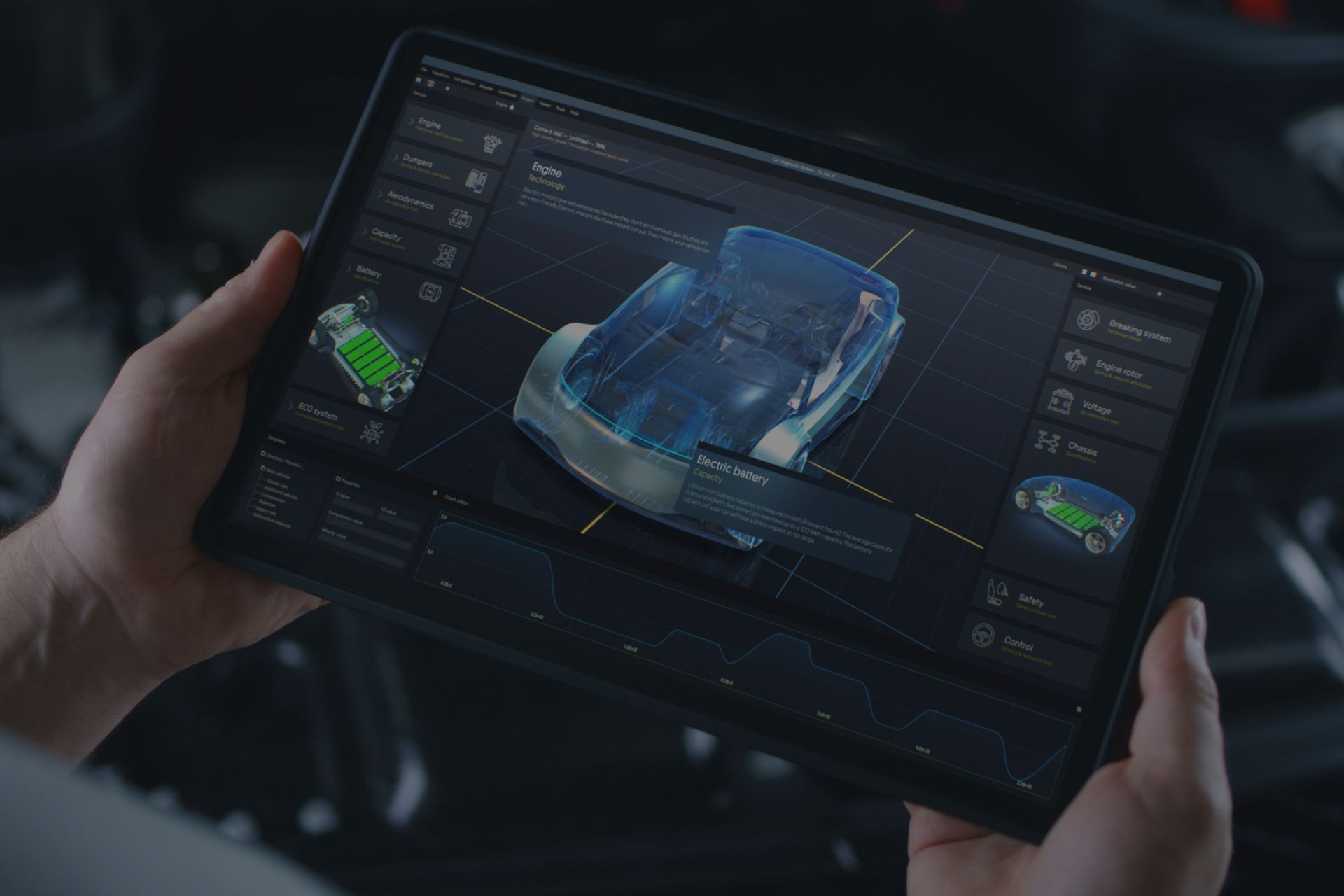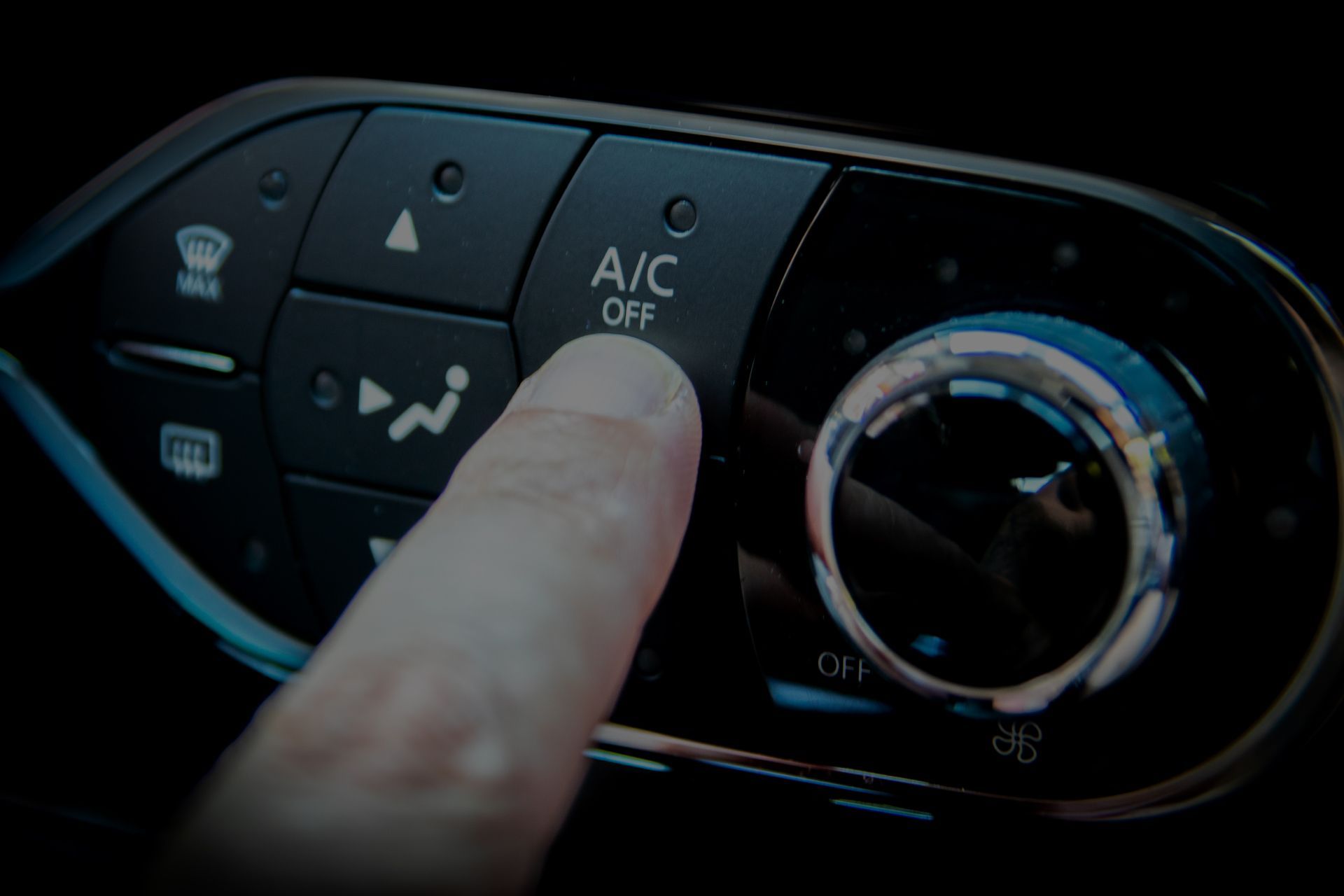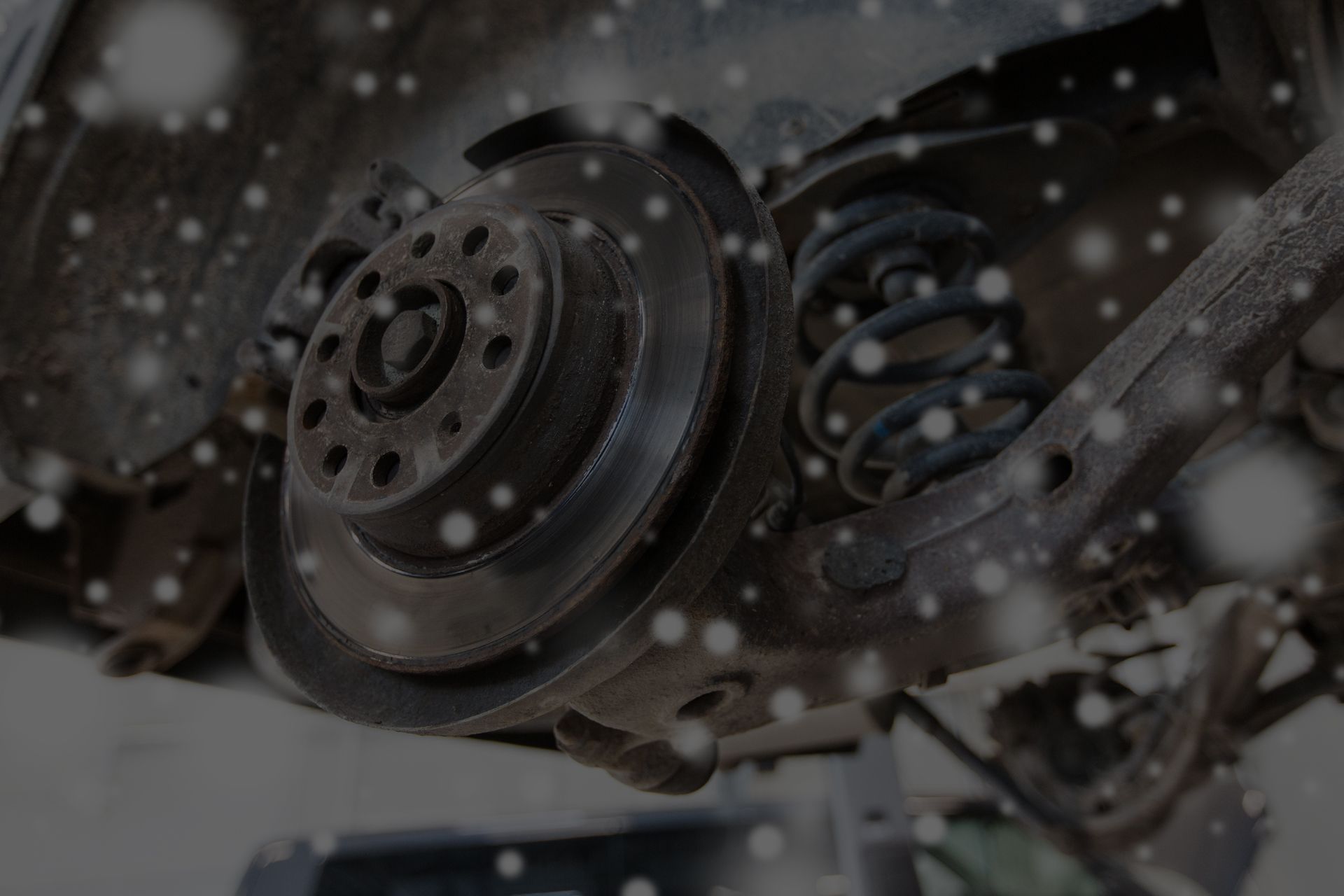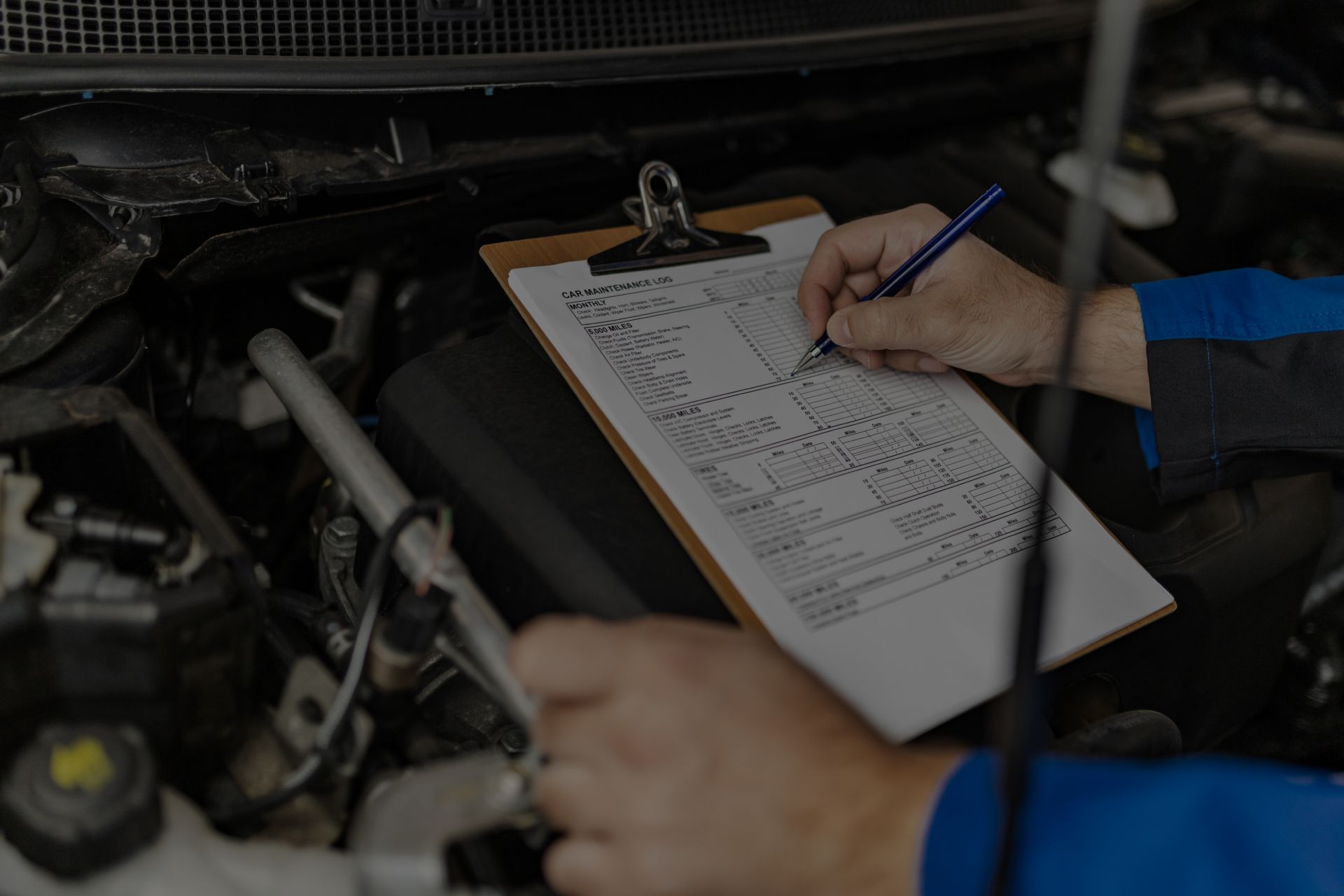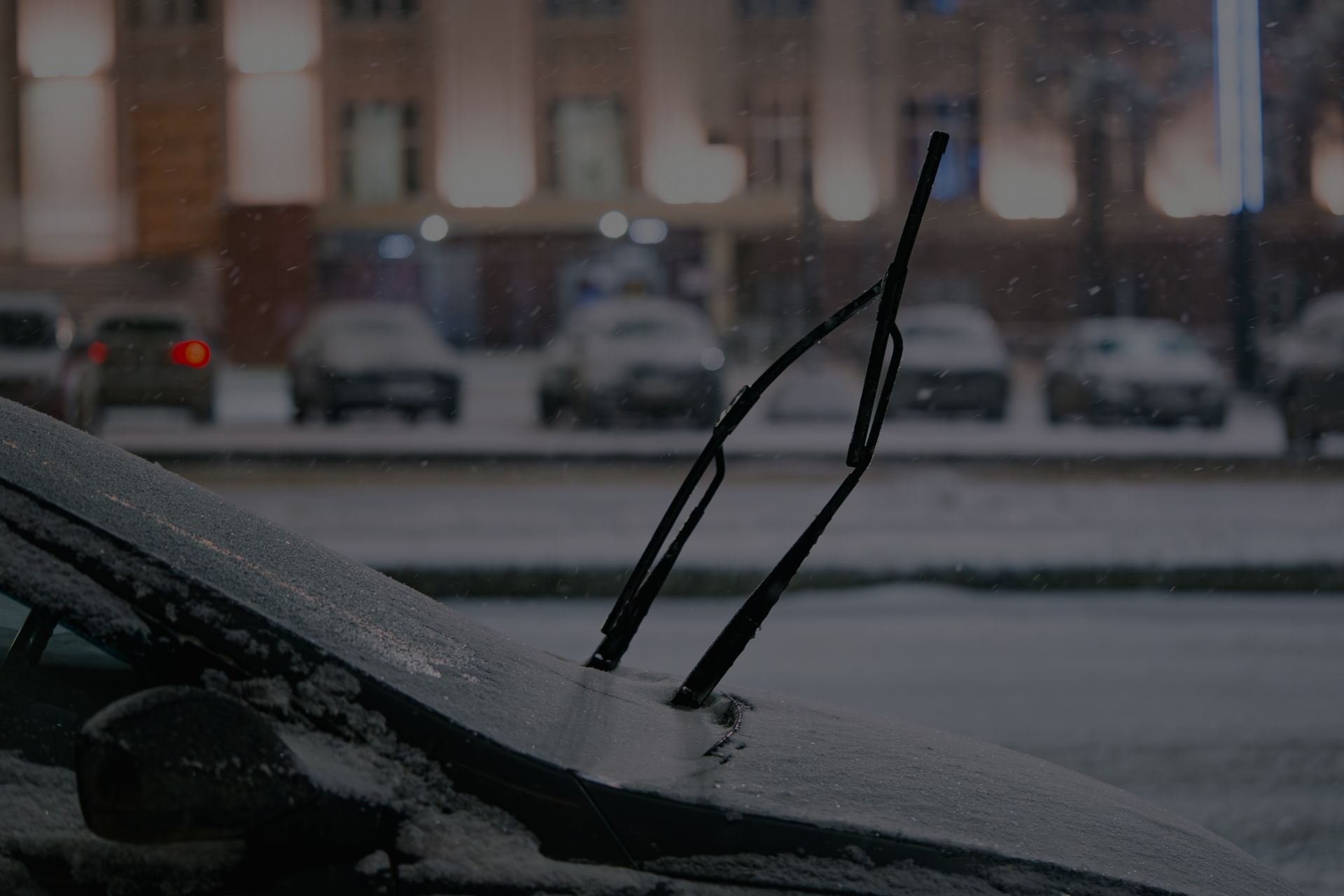When you invest in auto repair, you are investing in trust. You need confidence that the work performed will last and that the shop stands behind its quality. At ImportSports Performance in Denver, we build that confidence directly into our service with our robust 36-Month/36,000-Mile Warranty .
This warranty is more than fine print; it’s a core part of our promise to every driver in Denver, Aurora, and Littleton. It is designed to give you long-term peace of mind, protecting your vehicle and your budget long after you drive out of our shop.
What This Warranty Means for Denver Drivers
The specifics of our warranty are straightforward and powerful:
- Term:
36 months or 36,000 miles, whichever comes first.
- Coverage:
It covers both parts and labor on qualifying repairs.
- Transferability:
The warranty stays with your vehicle, which can be a significant selling point if you decide to sell your car.
This three-year term is notably longer than the 12-month/12,000-mile warranty offered by many other shops. We offer this because we use quality parts and our ASE-certified technicians perform repairs to a high standard. We believe in our work, and this warranty proves it.
The Power of a Nationwide TechNet® Warranty
Our warranty isn’t just a promise from our single shop. As a TechNet Professional Automotive Service affiliate, our warranty is backed by a nationwide network.
This means your warranty is honored at thousands of participating repair facilities across the United States and Canada. For a city like Denver, where residents frequently travel for work, family, or ski trips, this national coverage is incredibly valuable.
Consider these scenarios:
- You’re on a road trip to Moab and a covered component fails. You can visit another TechNet shop there for warranty service.
- Your job relocates you to another state. Your vehicle’s warranty remains valid at your new local TechNet professional.
- You’re visiting family in Colorado Springs and need a warranty repair. You have options beyond driving back to our Denver location.
This network eliminates the fear of being stranded far from home with a repair bill for a previously fixed issue.
What Makes a Warranty Trustworthy?
A strong warranty reflects a shop’s commitment to quality. Here’s how our process ensures we can stand behind our work for 36 months:
- Quality Parts:
We source parts from reputable suppliers, avoiding the cheapest options that are more likely to fail prematurely.
- Expert Technicians:
Our ASE-certified technicians have the training to diagnose issues correctly the first time and perform repairs with precision.
- Advanced Diagnostics:
We use advanced tools and factory-level software to ensure we address the root cause of a problem, not just a symptom.
This meticulous approach means we are confident in the durability of our repairs. Our warranty is a direct result of the quality we build into every job.
Your Responsibilities for Keeping the Warranty Valid
A warranty is a partnership. To keep your coverage active, we ask you to partner with us on a few simple items:
- Follow Your Factory Maintenance Schedule:
Adhering to the manufacturer’s recommended maintenance for services like oil changes, fluid flushes, and tire rotations is essential. It proves your vehicle is being cared for properly.
- Keep Your Records:
Maintain records of all maintenance and repairs performed, whether at our shop or elsewhere. This documentation is crucial if a warranty claim arises.
- Return to Us for Repairs (When Possible):
While the warranty is valid nationwide, we always prefer to handle any issues ourselves. It allows us to take care of you directly and uphold our standard of service.
We make the terms clear and transparent, with no hidden clauses designed to deny claims.
More Than a Policy—A Commitment to Our Community
Since 1997, our goal has been to be Denver’s trusted auto repair partner. This long-term warranty reflects our long-term commitment to our community. We aren’t a quick-lube chain; we are a local, family-owned business invested in your safety and satisfaction for years to come.
It’s our way of saying that your trust is the most important part of our business, and we will protect it.
Experience the ImportSports Difference in Denver
Your search for an auto repair shop that truly stands behind its work ends here. The combination of our expert technicians, quality parts, and the powerful TechNet® 36-Month/36,000-Mile Warranty provides a level of security that is unmatched in the Denver area.
Drive with confidence. Schedule your next repair or maintenance service at ImportSports Performance and get the peace of mind you deserve. Call us today at
(303) 752-2422
or book your appointment online.
